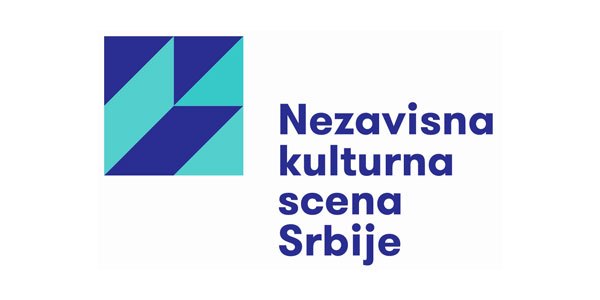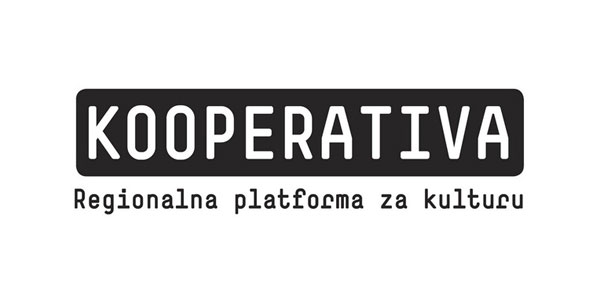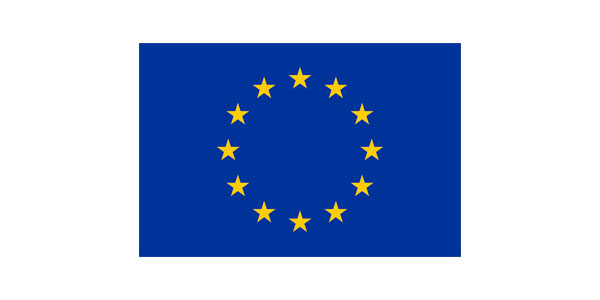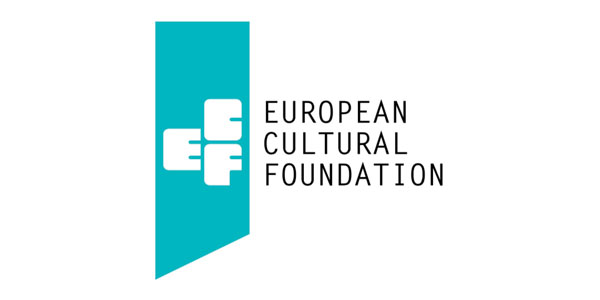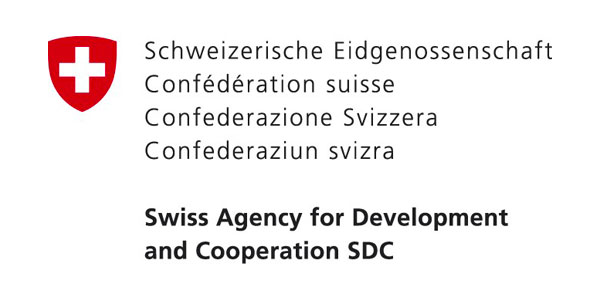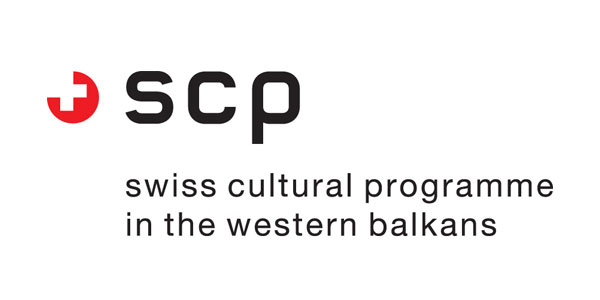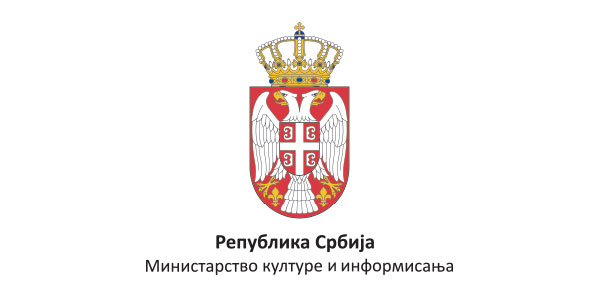The Centre for the Empirical Cultural Studies of South-East Europe (CECS) is an independent research institution based in Niš, Serbia, dedicated to exploring the impact of global trends (globalisation, digitalisation, migrations, religious revival and increasing social inequalities) on the culture and societies of South-East Europe.
CECS collaborates closely with a wide network of researchers across Southeast Europe. Its core team consists of seven members, including five university lecturers and associates from the Universities of Niš and Belgrade. Among the active members are five PhDs and two MAs in the fields of sociology and cultural management.
Since its founding in 2010, CECS has implemented more than 20 large-scale research projects.
Since its establishment in 2010, the Center for Empirical Studies of Culture in Southeastern Europe (CESK) has carried out more than twenty large-scale research projects, including two Horizon 2020 projects: “European Inventory of Societal Values of Culture as a Basis for Inclusive Cultural Policies in the Globalizing World” (No. 871691, 2020–2023) and “Closing the Gap between Formal and Informal Institutions in the Balkans” (No. 693537, 2016–2019).
In addition to these European projects, the majority of CESK’s research initiatives have been regional, conducted in cooperation with partners from Croatia (the Ivo Pilar Institute of Social Sciences in Split, the Institute of Ethnology and Folklore Research in Zagreb), Slovenia (the Faculty of Arts, University of Maribor), Bosnia and Herzegovina (the Faculty of Economics and the Center for Applied Social Research in Sarajevo), Kosovo (Social Research Kosova), North Macedonia (Institute Societas Civilis Skopje), Montenegro (the Center for Sustainable Spatial Development “Expeditio” in Kotor), and Albania (the Center for Historical and Anthropological Research in Tirana).
Members of the Center for Empirical Cultural Studies of South-East Europe have published, independently or in collaboration with partners from other organizations, more than 50 publications in prestigious international, regional, and national journals, including 13 monographs. These works present research findings on the impact of global trends (globalization, digitalization, migration, the revitalization of religion, and growing social inequalities) on the culture of European societies, with particular emphasis on the societies of Southeast Europe.
In addition, the Center has been the publisher or co-publisher of three monographs:
- Us and Them: Symbolic Divisions in Western Balkan Societies (2013),
- Social and Cultural Capital in Western Balkan Societies (2012),
- Social and Cultural Capital in Serbia (2012).
Researchers from the Center for Empirical Studies of Culture in South-East Europe have presented their papers and given invited lectures at more than 40 international and domestic conferences. The majority of presentations were delivered at conferences of the European Sociological Association, and members of CESK have served, and some still serve, on the boards of networks within the European Sociological Association.
In addition, the Center has organized or co-organized four international conferences:
- Conference “Post-Socialism: Hybridity, Continuity, and Change” – Novi Sad, June 25–26, 2016
- Conference “Lost in Transition” – Skopje, July 6–7, 2013
- Conference “Us and Them – Symbolic Divisions in Society in Serbia” – Belgrade, July 7–8, 2012
- Conference “Social and Cultural Capital in the Societies of the Western Balkans” – Belgrade, June 4–5, 2011
In this section of our website, you can currently access databases containing survey data and interview materials from two large-scale studies. By the end of the year, databases from two additional studies will also be made available.
- “Life-Strategies and Survival Strategies of Households and Individuals in South-East European Societies in the Times of Crisis”, carried out between 2014 and 2016 in Slovenia, Croatia, Bosnia and Herzegovina, and Serbia.
- The EU Horizon 2020 project “Closing the Gap Between Formal and Informal Institutions in the Balkans”, conducted in Slovenia, Croatia, Bosnia and Herzegovina, Montenegro, Serbia, Kosovo*, and North Macedonia between 2020 and 2023.
